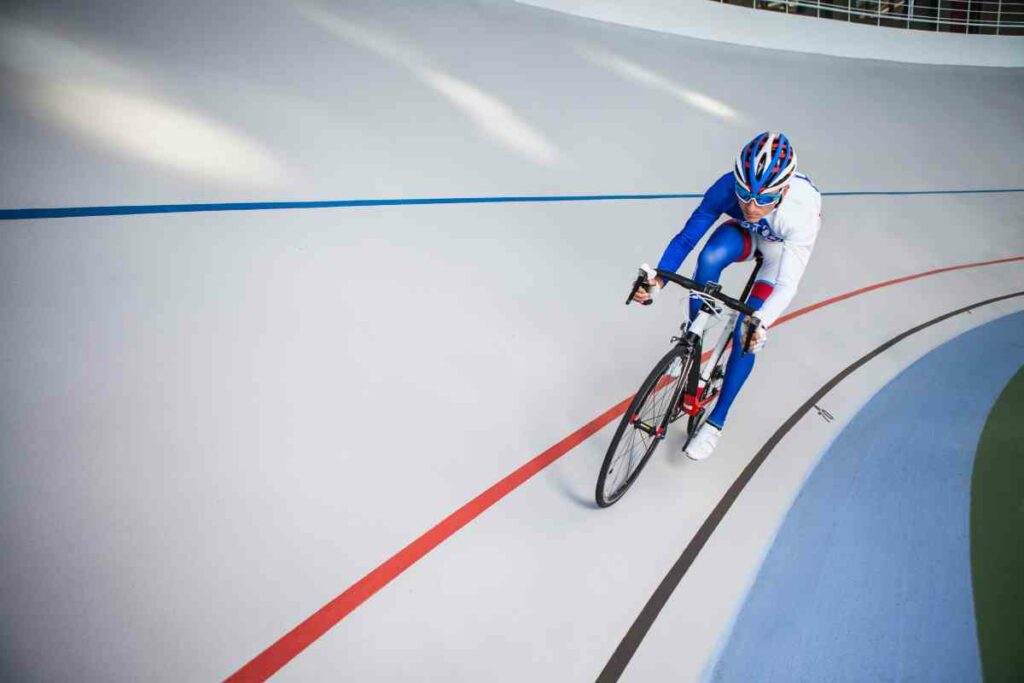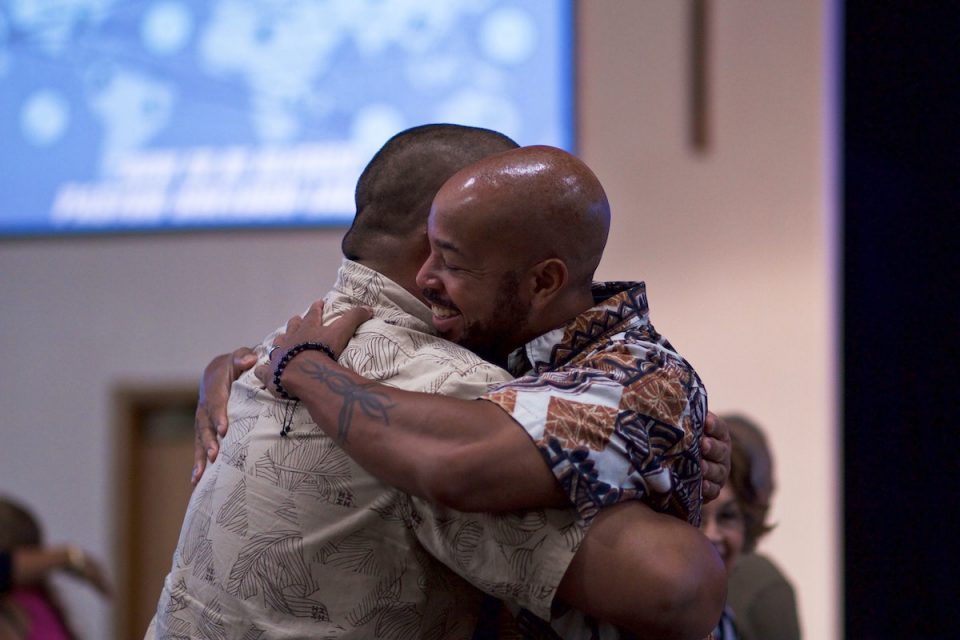About a year ago, I received an alert from Apple Fitness. It told me I was burning on average 31 fewer calories per day than the same time a year ago. Initially I thought little of it. What’s 31 calories? It’s nothing. Then it struck me that this adds up. These seemingly small changes might just have a much bigger effect over time. So I added it up, and was shocked to learn 31 calories a day equates to 11,315 calories a year. Generally speaking, a pound of fat contains 3,500 calories. Therefore, you could argue that a 31-calorie reduction might lead to around 3 pounds of fat gained.
Furthermore, let’s reverse this example. If I were to burn an additional 31 calories a day, I might expect to lose up to 3 pounds of body fat. This is due to burning an additional 11,315 calories per year. Of course, this is a somewhat reductionist view, and assumes that nothing else changes such as sleep, stress etc. But nonetheless, it does demonstrate the importance of small changes over time.
Sir Dave Brailsford
Sir Dave Brailsford is the former Performance Director of British Cycling. When he joined the organisation in 2002, the team had a very poor record of success. They’d only won one gold medal in it’s 76-year history. Brailsford had a theory known as the aggregation of marginal gains: the idea that instead of looking at making sweeping changes, the team would focus on making a 1% improvement across many areas. When combined, there would be a significant overall improvement. The 1% improvements included:
- Painted the transit vehicles white to easily spot dirt
- Brought in surgeons to teach precise hand-washing to reduce illness
- They purchased bespoke pillows and mattresses for athletes to sleep on
- They redesigned bike seats to fit each athlete
- Rubbing alcohol onto the tires to improve the grip
- Athletes started wearing heated shorts to maximum optimal temperature
- Changing clothing fabrics to improve the aerodynamics
- The team installed biofeedback sensors to measure performance and output
Just five years after Brailsford took over, the British Cycling team dominated the road and track cycling events at the 2008 Olympic Games in Beijing. In total, they won an astounding 60 percent of the gold medals available. Four years later, when the Games came to London, they higher raised the bar. Not only did they set nine Olympic records, but also seven world records!
George Harrison
George Harrison didn’t come from a musical family, and he wasn’t born naturally gifted at the guitar either. One afternoon, when he was a boy, he was cycling past a neighbour’s house when he heard Heartbreak Hotel by Elvis Presley playing on the radio. Something in him connected with the music, and specifically the guitar. When he was 13 years old, got his first guitar, a gift from his father. Progress was very slow, hampered by the fact he decided to tinker with the mechanics of the instrument. The instrument which he found himself unable to put back together again. Which found itself being left in a cupboard for over two years.
When he finally had it repaired, he applied himself to a daily practice, learning basic chords and making progress. Around this time, George noticed an older boy on his school, bus, wearing the same uniform as him. They got chatting, and realised they shared a love of guitars. This inspired George into sticking rigidly to a schedule for daily practice. Not long after that, the boy – Paul McCartney – invited George to be the third guitarist in their band. The band was called The Quarrymen, and it was founded by John Lennon. That relentless daily practice, those small changes and incremental steps to improvement, resulted in a very big impact for George Harrison. Of course, he become one quarter of one of the world’s most famous bands.
We tend to overestimate what we can achieve in the medium to long term. And we certainly underappreciate what we can achieve in a small amount of time. Little things add up, especially when applied with consistency.
What one small thing can you work on or change today?
For more wellbeing content, follow @leannespencerkeynote on Insta and LinkedIn.
Find out more about the Cadence Approach by buying Leanne’s bestselling book Cadence.
Interested in having Leanne speak to your audience? Book a free, no-obligation discovery call or enquire here: https://leannespencer.co.uk/contact/


